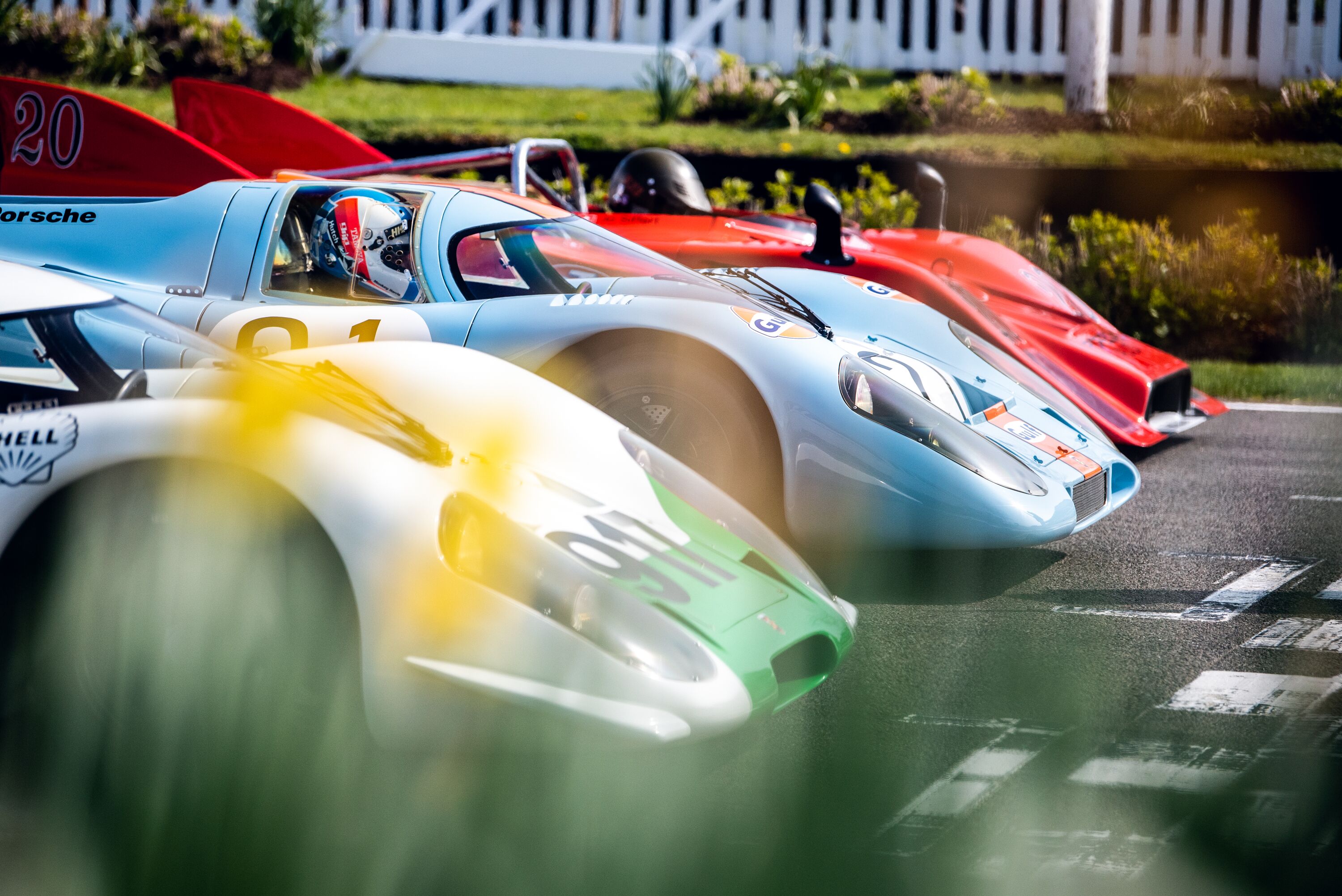E-Fuels can't stop the EV revolution
 Erin Baker
Erin Baker
Last week the EU bowed to pressure from Germany and Italy and exempted e-fuels, otherwise known as synthetic fuels, from the ban on the sale of new internal-combustion-engined cars after 2035. This is good news for the likes of Porsche and Ferrari who have long lobbied their domestic governments to extend the use of these fuels beyond the lifespan of petrol and diesel, the death knell of which is set to toll five years earlier than the rest of the EU, in 2030 in the UK.

Germany’s high-performance OEMs, alongside similar British brands such as McLaren and Aston Martin, would suffer exponentially from a wholesale switch to electric for all brands, regardless of sales volumes, because their portfolio of models, and their very brand DNA, is built on a legacy of light weight, of which batteries are the enemy.
Synthetic fuels come in the same carbon-hydrogen guise as petrol and diesel, but unlike the fossil fuels, they use water, air and green energy in their creation rather than oil, capturing carbon from the air then releasing it when the e-fuel is burned, thus maintaining a carbon-neutral loop. However, they still spew nitrous oxide and particulates into the air. They might therefore be a useful bridge to full electric for sportcar makers and classic car owners scratching their heads about the transition to batteries, but they are not the panacea or the long-term saviour of the engine.
For a start, they are too expensive to manufacture at scale: the Institute of Advanced Automotive Propulsion Systems puts the cost at about £2 per litre before tax, compared with the cost of petrol before tax which currently stands at 62p per litre. The cost may come down, but we are light years away from manufacturing e-fuels at any realistic scale for the volume of cars out there: Porsche’s South American e-fuels plant is currently producing 130,000 litres a year while motorists around the world consume millions of litres of petrol and diesel every day.
That’s not to entirely dismiss them: they promise significant benefits for motorsport events such as the Goodwood Revival Meeting and the Le Mans Classic, but that is probably the limit of the fuel’s provision.

That’s not to entirely dismiss them: they promise significant benefits for motorsport events such as the Goodwood Revival Meeting and the Le Mans Classic, but that is probably the limit of the fuel’s provision.
Even if we were to stumble on a breakthrough for affordable, volume production of synthetic fuels, their advent could leave our transition to electric, with its zero tailpipe emissions, faltering. And this is a particularly crucial point right now, because new electric-car sales in the UK have slowed right down in the face of the rising cost of living, rising domestic energy tariffs, the failure of EV prices to fall and the wholesale absence of government incentives for private buyers.
The only financial incentive remains for fleet customers, which explains why two in three electric-car sales are for company cars. Managing Directors of car brands are worried right now and Rishi Sunak has so far provided diddly-squat reassurance or clarity on the future of electric cars in the UK; the Government has even delayed the Zero-Emissions Vehicle (ZEV) mandate which was due to take effect next year, stipulating that 22 per cent of any marque’s car sales must be electric.

Everything remains in the balance right now, but synthetic fuels are not the answer. However imperfect the carbon storytelling around electric cars is – particularly the carbon, humanitarian and environmental cost of their production – it’s the best shot we have on the table at the moment.
Hydrogen is too far off, we need to improve urban air quality alongside our carbon footprint and besides all that, European governments have mandated the switch, the car brands have responded magnificently and a high proportion of every brand’s model line-up is now electrified. Are we seriously considering that they might row back on a decade of costly R&D to deliver us the solutions we demanded of them, in order to give engines a momentary reprieve?
We (consumers and the Government) have to stop dithering. We have to commit to electric: the car brands did as they were asked; now it’s our turn.
E-fuels
EV

































